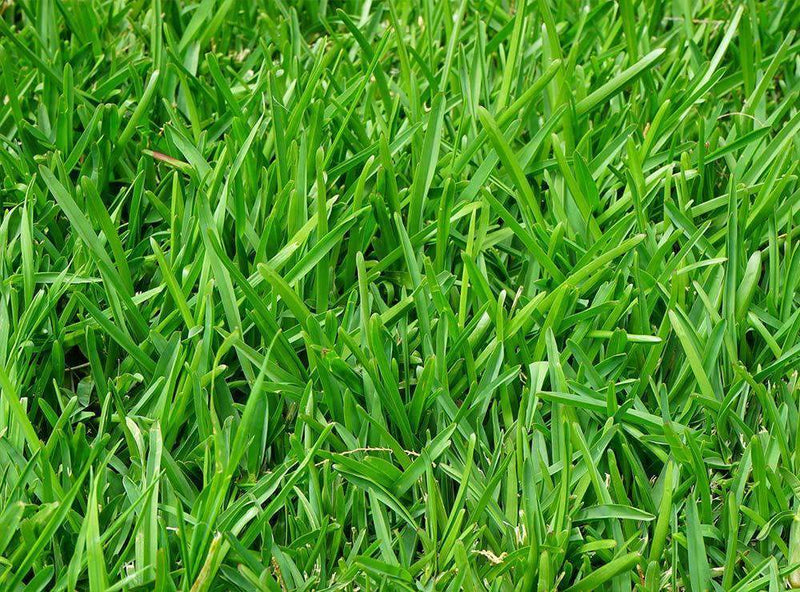Unlike what we've seen in last post, the native result of Latin and Romance f- in Basque is /p/, lenied to /b/ in the standard variety at word-initial:
Latin fāgu- 'beech' > romance *fago > Basque pago, bago id. (but also fago)
Latin fīcu- 'fig' > Romance *fīco > Basque p(h)iko, biku id. (but also fiko, fiku)
Germanic *fīlō 'file' > Spanish filosa 'sword, knife' > Basque piruxe 'scissors'
Latin fīlu- 'thread' > Basque p(h)iru, biru id. (but also firu)
Latin fōnte- 'source, spring' > Basque ponte, ponde 'baptismal font'
Latin fōrma- 'mould' > Basque borma 'wall'
Latin fortia- 'strength' > Romance *fortsa > Basque bortxa 'force, violence'
Latin fortis 'strong' > Basque portitz, bortitz 'hard, strong'
Romance *freca 'stroke' > Basque p(h)ereka id. (but also fereka) Latin fronte- 'forehead' > Basque boronde, boronte id.
Latin furca- 'pitchfork' > Basque urka 'pitchfork, gallows'
Also *w from Latin v- (and in some cases also b-) became /p/:
Latin bēstia- 'animal' > Basque piztia, pisti(a) 'beast, pest'
Latin brāca- 'trousers' > Basque prakak (plural) 'trousers' (but also frakak)
Latin gaudiu- 'joy' > Romance *gots [wots]1 > Basque poz, bo(t)z 'joy, happiness'
Latin vēsīca- 'urine bladder; blister' > Basque pu(t)xika 'urine bladder'
Latin viride- 'green' > Romance verde> Basque p(h)erde, berde id. (but also ferde)
Latin voluntāte- 'will, desire' > Basque borondate, boront(h)ate id.
Latin vulture- > Romance *wutre2 > Basque putre id. (but also futre)
By contrast, a minoritary set of words has a nasal /m/ instead:
Celtic *bakko- 'hook, (curved) stick' > Basque mako 'hook; pitchfork, prong; walking-stick, shepherd's staff', mak(h)ila, mak(h)illa 'stick' (diminutive)
Romance barca 'boat' > Basque marka id.
Late Latin persica- 'peach' > Basque mertxika 'apricot, peach'
Latin pīca- 'magpie' > Basque mika id.
Latin portu- '(mountain) pass' > Basque mortu, maurtu 'desert' (but also portu)
Latin vāgīna- 'sheath' > Basque magina, magiña 'sheath, pod'
Latin vascellu- 'little glass' > Basque maskelu, maskillo 'little cauldron'
Even more oddly, in some dialectal words the initial labial becomes a dental /d/ (/l/ in the standard variety):
Romance banca 'small bench' > Basque lanka, lanke id.
Romance *pendiolu- 'hanging'3 > Basque dindullu 'earrings'
Latin verberāre 'to whip, to hit, to beat' > Basque dirdira 'sunshine reflection'
__________________
1 Spanish gozo < *gotso.
2 Asturian utre <.
3 Catalan penjoll.



